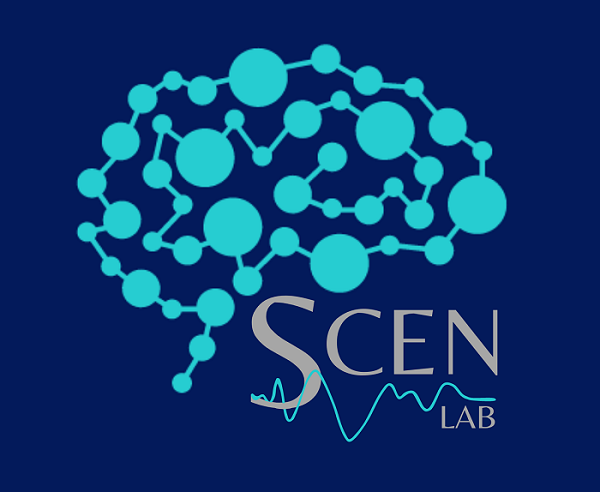Welcome to the SCEN Lab
The Social Cognitive Emotive Neuroscience (SCEN) Lab is devoted to understanding social, cognitive, and neural processes of emotions. We examine these processes through the use of behavioral, personality, and neurophysiological measures.
Research in the SCEN lab investigates the neuropsychological and neurophysiological interplay of emotion, motivation, personality, and cognition (e.g., attention, time perception). From these investigations, we have developed the Motivational Dimensional Model of cognitive scope, proposing that motivational direction and intensity influences cognitive and perceptual scope. Based on this model, our work has investigated the influence of positive and negative affects varying in motivational direction and intensity on attention, time perception, behavioral inhibition and substance use. In addition to neuropsychological investigations, we incorporate a breadth of neurophysiological measures to more fully examine the neural activity associated with emotion-cognition interaction. Other research in our lab focuses more broadly on the neural activity related to affective and motivational processes. Along these lines, our work examines features of the electroencephalogram (EEG) such as event-related potentials, oscillatory activity, hemispheric asymmetry, and motor cortical suppression, in addition to behavioral measures such as reflex physiology and self-reported individual differences. Recently, we have begun to leverage advanced EEG time-frequency and phase measures, peripheral measures such as cardiography, and transcranial neurostimulation methods. Using these methods allows us to better understand the neural correlates of emotion and cognition, and more fully identify the critical role of motivational processes in daily life and in mental health. For example, we work with the substance use recovery community to give us insight into the neural, motivational, and cognitive signatures of users and those recovering from substance use disorder.

